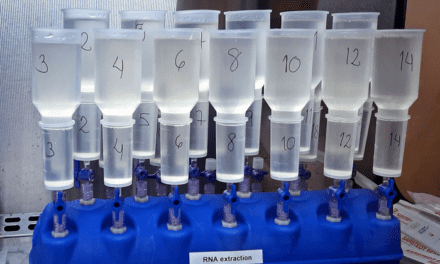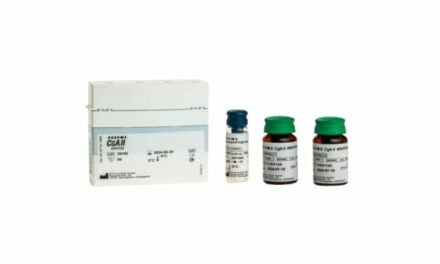Infectious diarrhea is a major cause of morbidity and mortality among children worldwide, particularly in low- and middle-income countries. While a variety of viruses, bacteria, and parasites are responsible for diarrheal episodes, identifying the causative microorganism is essential for effective treatment and prevention strategies.
A recent study published in BMC Infectious Diseases provides new insights into the etiology of childhood gastroenteritis in the United Arab Emirates (UAE) following the introduction of rotavirus vaccines. The study aimed to identify gastrointestinal pathogens in children with diarrhea and the carriage rate of these pathogens in asymptomatic children.
Stool samples were collected from 203 cases and 73 controls who presented to two major hospitals in Al Ain city, UAE. Samples were analyzed with the Allplex™ Gastrointestinal Full Panel Assay for common entero-pathogens using a multiplex PCR approach. The association between diarrhea and the isolated pathogens was calculated in a multivariate logistic regression model, and the adjusted attributable fractions were calculated for all pathogens significantly associated with cases.
The study found that at least one pathogen was identified in 87 samples (42.8%) from cases and 17 (23.3%) from controls. Rotavirus, norovirus GII, and adenovirus were significantly more prevalent in cases, while Cryptosporidium spp. was also more significantly detected in cases than in controls. None of the 13 bacteria tested for were more commonly found in cases than in controls. Co-infections occurred in 27.9% of the children, and viruses and parasites were significantly more likely to occur together only in the cases.
The study’s findings have significant implications for public health officials, researchers, and clinicians working to control and prevent childhood diarrhea worldwide. The study underscores the continued importance of rotavirus as the main childhood diarrhea pathogen, despite the introduction of rotavirus vaccines, and highlights the need for effective strategies to better control and prevent rotavirus and other causative pathogens.
The Allplex™ GI-Helminth(I) Assay is not available in the USA.
To learn more about the study’s methodology, results, and conclusions, download the full study now. The study provides a valuable resource for anyone interested in the etiology of childhood diarrhea and the development of effective prevention and control strategies. As a lab professionals, this study provides essential information on the most common gastrointestinal pathogens in children with diarrhea.
Sponsored By

Medqor is committed to protecting and respecting your privacy. We may contact you about our products and services or share information with sponsorship partners, as well as other content that may be of interest to you. By submitting your information, you consent to us contacting you for this purpose in accordance with our privacy policy.
For further information, please check out our privacy policy here






